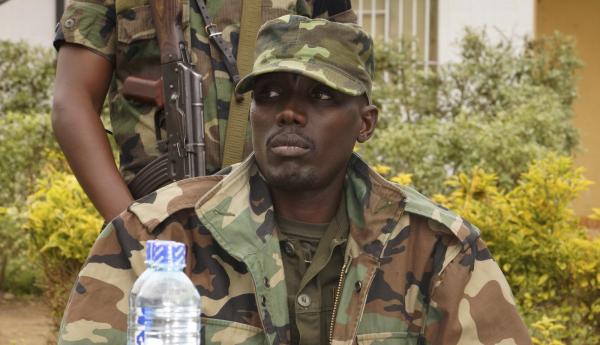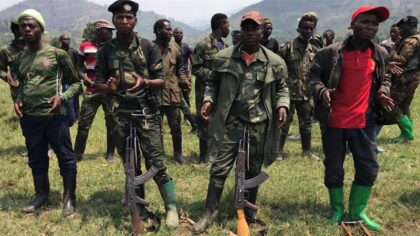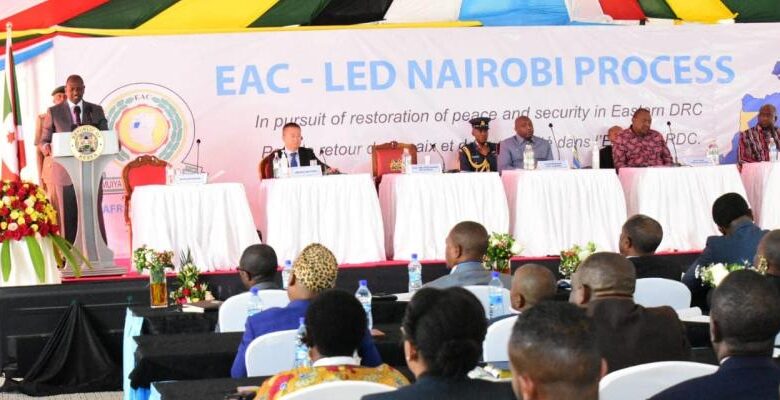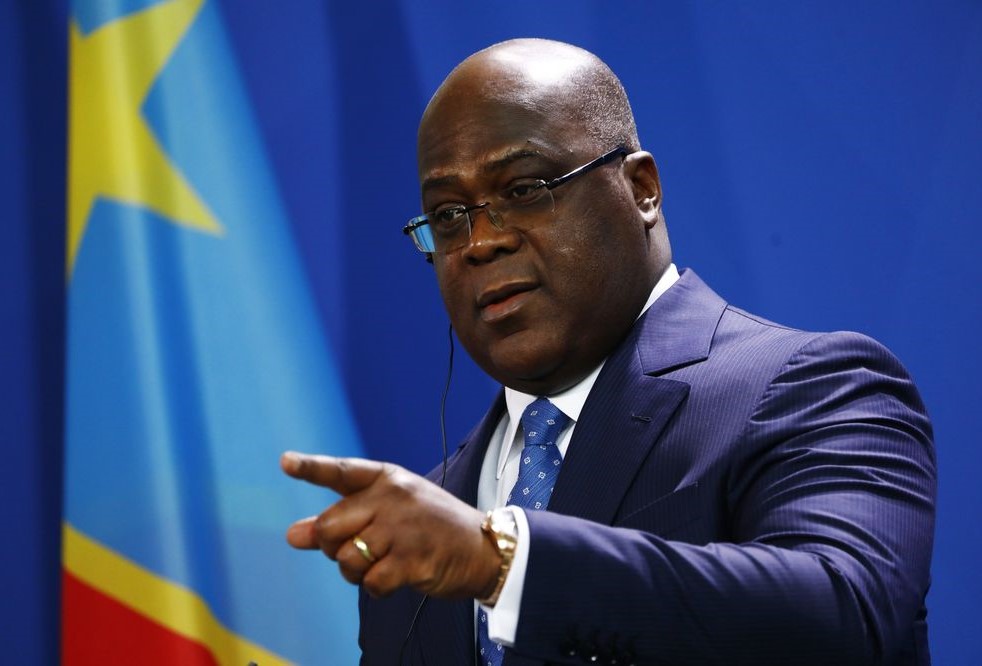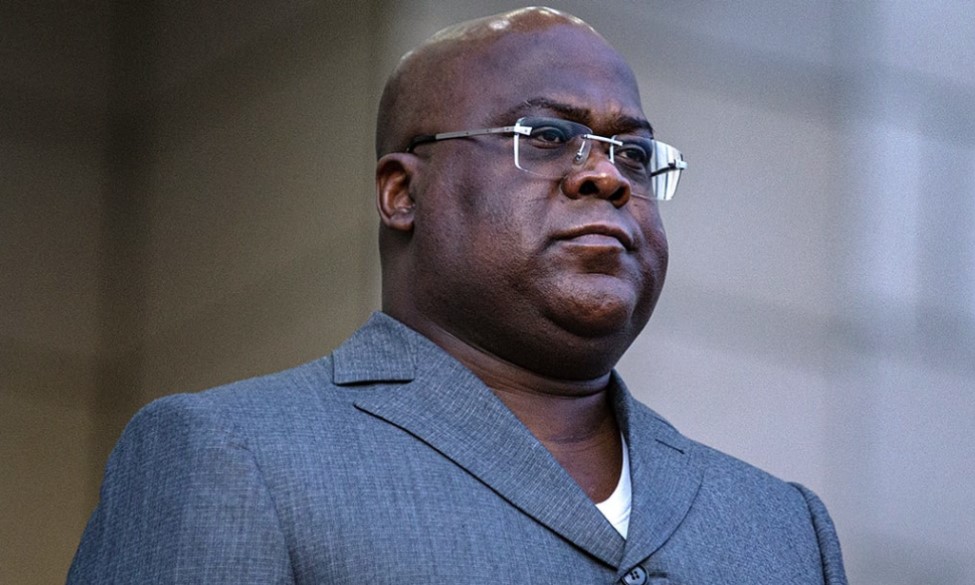Regional
Nairobi Process: Tshisekedi is clearly talking to himself
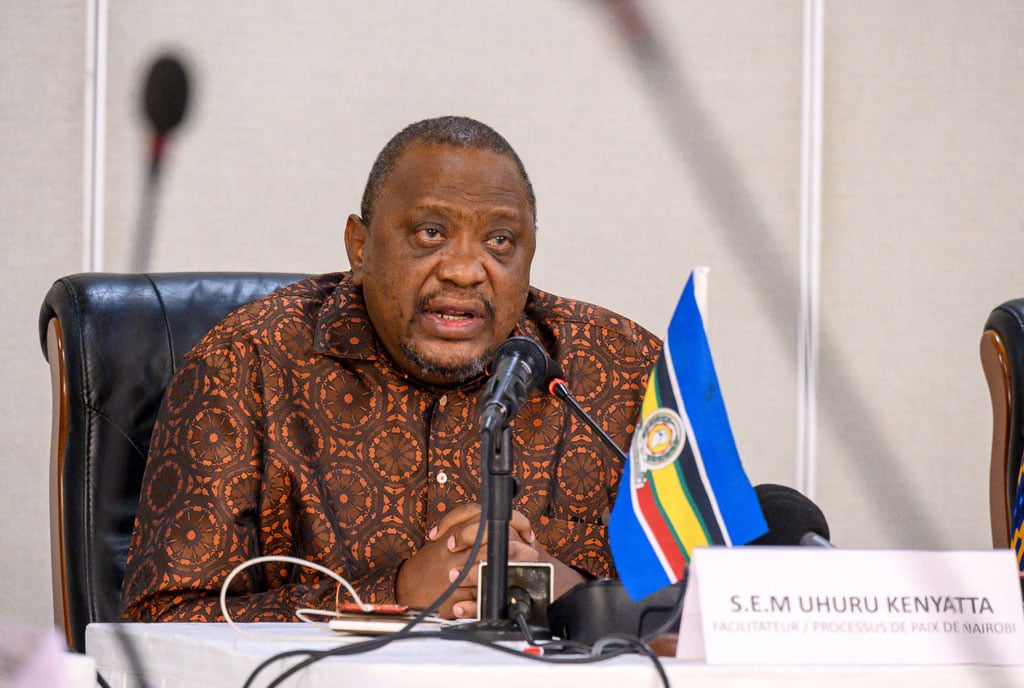
Last week, a 14-member delegation of rebel groups from the Democratic
Republic of Congo, was at the third session of Nairobi talks bringing together
rebel groups operating in the troubled country to find a lasting solution to
the prevailing insecurity in its eastern region.
At the beginning, the East African Community-led process gave hope
to a possibility of pacifying the restive region that has been a bedrock of
insecurity. This hope, however, is fading fast.
One thing worth noting is that there are factors that triggered
the recent talks in Nairobi and the ones in Luanda, Angola to take place, this
despite the long-time prevailing insecurity problems in DRC, often instigated
by active rebel groups that have had huge costs to human life and related
consequences.
Groups like CODECO, FRPI, FPIC, MAI MAI NYATURA and others have
always been at the center of insecurity in this country.
The FDLR, composed of the 1994 genocide renegades is perhaps one
of the biggest militia groups operating in eastern DRC if not the leading one. It
has enjoyed recurrent military cooperation with the Congolese national army (FARDC),
including the current military coalition in the fight against the Congolese rebel
group, the M23.
For experts of regional security dynamics, the regular military
cooperation between the FARDC and the FDLR can only be justified by the
substantial weakness of FARDC that always seek assistance from the FDLR,
apparently slightly stronger and a little bit more organized than the national
army to face some challenging military set-ups.
This is often the case when the FARDC is forced to engage in
military combats with a much stronger armed group like has always been the case
with the M23 rebels. A DRC local armed group that fights for the protection of
Congolese Kinyarwanda speaking people, often referred to as Rwandophones.
Astonishingly, before the M23 took up again the armed struggle
after her positions were attacked by FARDC, unprovoked, nobody seemed to be
pre-occupied with security in eastern DRC. Not even Tshisekedi’s government,
despite the countless lives that were lost daily from different attacks. Assaults
from the ADF-NALU, FDLR and Mai Mai groups often set villages ablaze and left
thousands of families deprived of their loved ones. The world seemed not to be
as alert as it is presently.
Obviously, it wouldn’t be a wrong analysis to say that the security
crisis in the east of DRC was put on the map by the recent the M23 rebels’
advances that has seen Tshisekedi’s government totally losing control of all
its border southernmost border posts with Uganda, including a significant size
of the country’s territory in North Kivu.
What started by Bunagana falling into the hands of the M23 in a
noticeably easy fashion, was quickly followed by the fall of other regions in a
style that not only exposed the weaknesses of the country’s defense system but
raised a lot of questions at the same time. Some of the questions have just
joined the bulk of hard interrogations.
How come some leaders fail to understand that the security crisis
in DRC cannot be solved without the government talking to the M23 rebels, currently
pictured as the epicenter of the insecurity problems by Kinshasa?
What objective outcome can people expect from the Nairobi talks
that do not include the M23 to take part in the dialogue?
One critical factor to note remain that the armed groups that are
taking part in the Nairobi talks have all been reported to be working with FDLR
and FARDC to cause havoc in Eastern DRC by killing the Tutsi. The M23 on the
other side, argues that its main objective is securing the lives of Congolese
Tutsi after the government failed to do so for decades. Subsequently, it also
aims at repatriating hundreds of thousands of Congolese Tutsi refugees who have
been living in exile for close to three decades now, mostly in Rwanda and
Uganda.
Lastly, it would be difficult to draw optimism from the current
Nairobi talks, if the M23 rebel group remains sidelined.
What is presently happening in the Kenyan capital, Nairobi, is Tshisekedi
dialoguing with himself.



